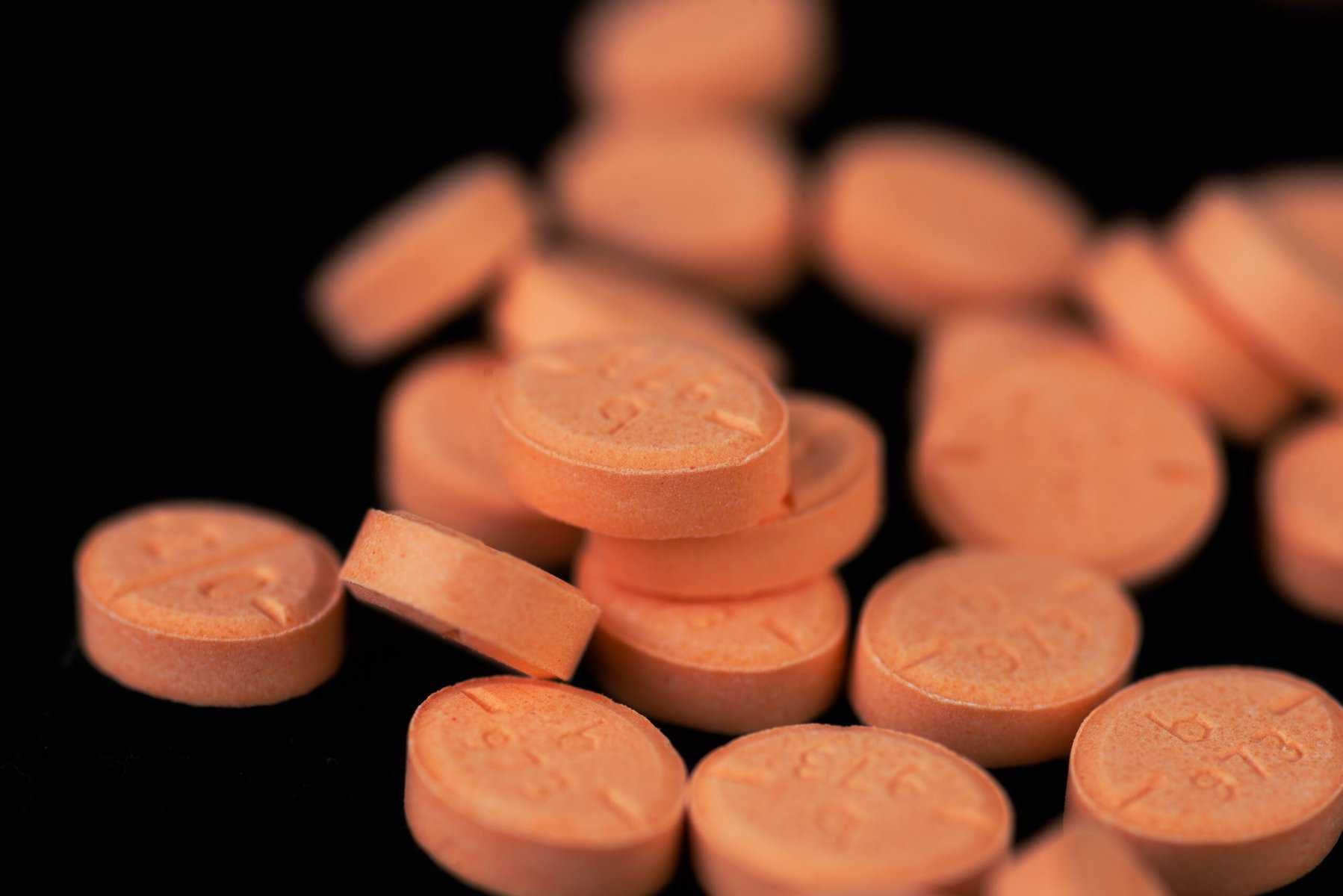How Dangerous Are Smart Drugs?
Smart drugs are stimulant prescription medications that people use to enhance their mental performance. Smart drugs can make you feel more awake, more motivated and improve aspects of memory and learning. Like all stimulants, however, they pose serious health risks, and abusing smart drugs can lead to heart problems, psychosis, paranoia, and addiction.
Why Do People Use Smart Drugs?
Smart drugs such as dextroamphetamine (Adderall®) and methylphenidate (Ritalin®) increase the signaling of dopamine in the brain. Dopamine is a chemical that produces feelings of euphoria and may enhance cognitive functions.
Doctors prescribe Adderall and Ritalin for certain psychiatric disorders like attention-deficit/hyperactivity disorder (ADHD) and narcolepsy. However, there is a growing trend of the misuse of smart drugs by healthy people without any medical need. This includes:
- Professionals to increase their productivity
- Older people to slow declining cognition
- High school and college students to improve academic performance. Research suggests that in North America, up to 25% of students may have used smart drugs
What Are The Short-Term Dangers of Smart Drugs?
While smart drugs may cause short-term improvements in brain function, they can also have uncomfortable and dangerous side effects.
Common adverse effects include headaches, dizziness, nervousness, and insomnia, though some people have more extreme reactions. Taking smart drugs can cause psychotic episodes, extreme paranoia, and suicidal thoughts.
Taking high doses of smart drugs also puts you at risk of an overdose. Stimulant overdoses, while not normally fatal, can be extremely dangerous. You may develop a dangerously high body temperature, fast or irregular heartbeat, cardiovascular failure, and have seizures.
What Are The Long-Term Effects of Smart Drugs?
While it may be tempting to use smart drugs to help you do better in college or be more productive at work, repeatedly using smart drugs can lead to a range of severe health problems.
Using smart drugs may lead to psychiatric disorders such as insomnia, anxiety, and depression. These conditions can have an immense impact on your mental well-being and decrease your productivity and performance in the long run.
Repeated use of smart drugs can also lead to addiction. When you take smart drugs, it activates the reward pathway in your brain, producing urges to seek and reuse the substance. It also interferes with your ability to resist these urges. These effects may be stronger on a developing brain, putting young people at greater risk.
Addiction is a serious illness that can be devastating to your health, work, and social life. It is a chronic brain disease that causes physical changes in the brain, which can be long-lasting or even permanent. Recovering from addiction requires commitment and support, usually from a rehabilitation center or professional treatment program.
Do Smart Drugs Improve Mental Performance?
Most people misuse smart drugs to try and improve their mental performance. However, scientific research offers contradictory evidence on their effectiveness. Several studies suggest that for healthy individuals, smart drugs do little to improve most cognitive functions.
A systematic review of studies found that Modafinil did increase wakefulness and attention, even in healthy individuals. However, it also made individuals feel more confident, making it difficult to assess its impact on other aspects of cognitive performance.
Similarly, a study on the effects of Adderall on young people found that there was no improvement in cognitive functions such as working memory, control, creativity, and intelligence for most people. However, as with Modafinil, participants did perceive their mental skills to be enhanced. This overconfidence may hinder someone’s ability to complete tasks and work effectively, outweighing any benefits of the drug.
Smart drug abuse and addiction can cause serious damage to your health, social life, and work performance. At Enlightened Solutions, we offer our clients tools to use as they move forward in a sober lifestyle.
Our treatment program focuses on healing the whole person and not just addiction. Our individualized recovery plans are rooted in the 12-step philosophy and provide a range of treatment modalities, including cognitive-behavioral therapy (CBT), family constellation therapy, art and music therapy, acupuncture and chiropractic care, and equine-assisted therapy.
Our treatment facilities are located near the southern shore of New Jersey, allowing us to provide optimal healing and relaxation throughout your stay. If you struggle with addiction, or if someone close to you does, please call us at (833) 801-5483 for more information.



